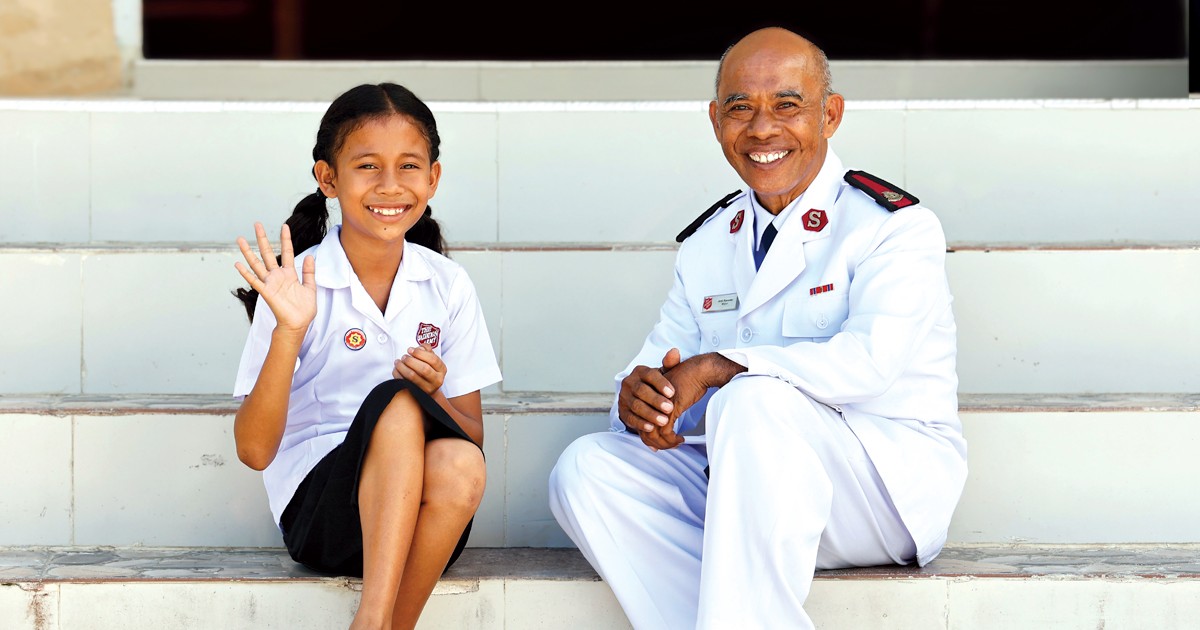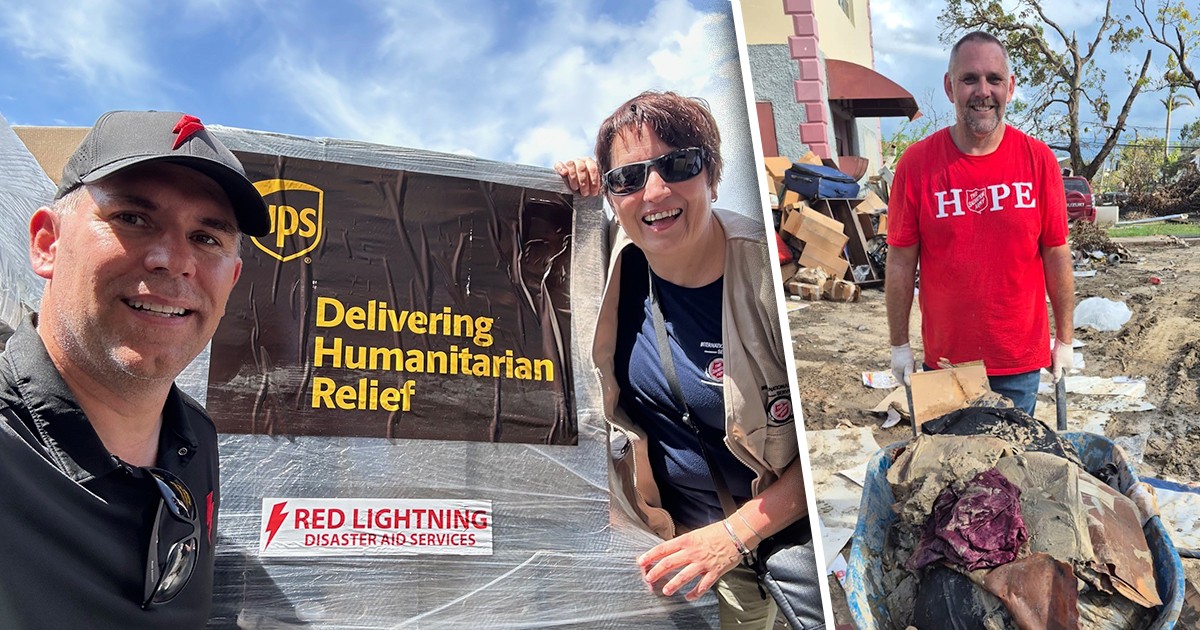What are the most pressing social justice issues in our world?
We fall into a trap if we break it down into issues, because there are so many of them. We talk about anti-trafficking, poverty, lack of clean water, girls' education, maternal and child health, climate issues, war—it's just so overwhelming. I think we're a world out of sync and balance. Our job is to practise love, grace and mercy, and respond to people in need—Christian elements that are lacking—in a world where greed supersedes and egocentric behaviour drives people.
Is there one area where the Army's efforts are making a difference?
The Salvation Army has always played a significant role in bringing awareness to women's issues. We engage strongly in a response to poverty, and women's issues are endemic in poverty issues. We have a phenomenal number of primary schools that educate young children, including girls, in places where girls aren't always included in education. Those girls will grow up to be the women who are helping to influence and shape society.
How can Salvationists engage with social justice issues?
Often when we talk about social justice, we tend to talk about the external—the people over there, the situations out there, the scenes that are so big and so overwhelming that we feel we can't do much. I can send money, I can pray, but I still feel vaguely disengaged from it. The ISJC teaches that a social justice response is actually the practice of Salvationist holiness, living a life that is socially just and encouraging others to do likewise. It's about how I live. So, am I an inclusive person? Are our congregations inclusive or do we exclude people, the very ones with whom we should engage the strongest? What am I doing with my purchasing power? This is not about wealth versus poverty, but about making social decisions based on ethical behaviour, and simplicity of life that enables me to engage more strongly. There are many places I can't go and things I can't do, but I can start in my own home and advocate for things that need to be challenged in my community, my family, my congregation. I can get involved in social justice where I am, as well as sending my money off to do something overseas.
What has been your most rewarding experience as ISJC director?
I am amazed, encouraged and challenged by human resilience. I go to places with strong cultural limitations, and yet I see amongst the people a commitment, wisdom and a desire, so that when we partner together, we all win. It has been a privilege to walk with some amazing people, to learn from them and then bring them what the Army can provide in resourcing, encouragement or training. It's always a two-way street, because that's what social justice is all about.










Leave a Comment